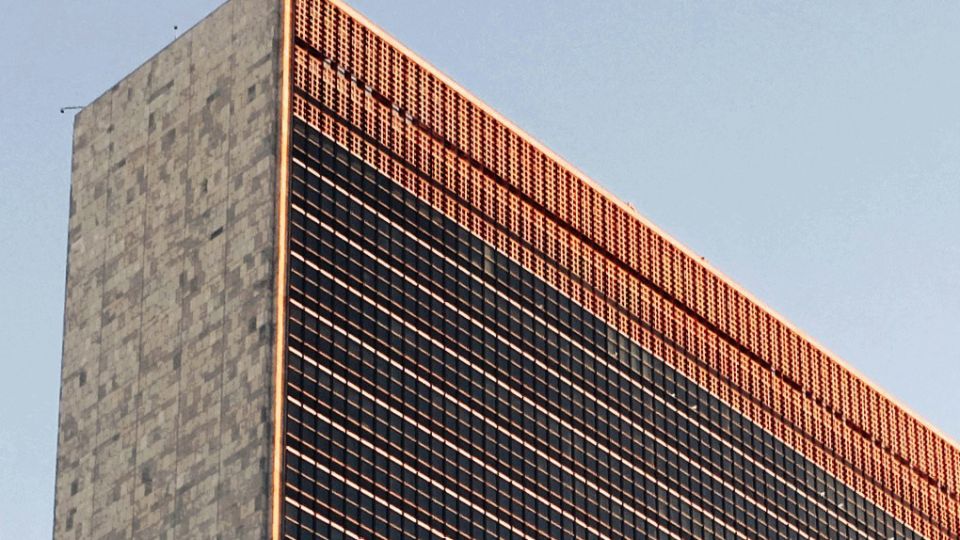May 28, 2024
JAKARTA – Indonesia supports an order by the United Nations top court for Israel to halt its military offensive in Rafah, calling on Israel to comply, while Foreign Minister Retno Marsudi is in Brussels to intensify diplomacy with European countries for a permanent solution in Gaza.
In a case brought by South Africa alleging the Israeli military operation amounts to “genocide”, the International Court of Justice (ICJ) on Saturday ordered Israel to halt its assault on the city in Southern Gaza, and demanded the “unhindered provision” of humanitarian aid into Gaza.
But Israeli forces continued to pound Rafah over the weekend.
Indonesia, through the Foreign Ministry, said on Saturday that Indonesia supported the order by the ICJ, calling on Israel to “immediately comply with the measures ordered by the court” and underlining “the critical role of the UN Security Council in ensuring its implementation”.
The ministry also said that any allegations of genocide must be investigated.
The decision by the ICJ, the highest UN organ for settling disputes between states, has been seen by many across the globe as a landmark decision. The decision also made clear that a failure to comply with the ruling may affect Palestinian life in Gaza “that could bring about its physical destruction in whole or in part”.
Seven months after the Oct. 7, 2023, attack launched by Palestinian militant group Hamas against Israel, Tel Aviv in early May began its attack on Gaza’s side of the Rafah border, home to over a million Palestinians and a key entry point for critical aid entering the enclave.
South Africa in late January filed a genocide case against Israel at the ICJ, which the court responded to by ordering Israel to take immediate measures to prevent acts of genocide. This included, among other things, desisting from ethnic killing, allowing basic services and humanitarian aid as well as refraining from aggravating the situation.
With many deeming Israel’s attack against Rafah as a violation of the January ruling, South Africa filed an emergency request to end the offensive while also requesting a full cease-fire in Gaza. Though the Saturday ruling did not greenlight Pretoria’s request for a full cease-fire, nations across the globe, a majority of which have openly supported Palestine, welcomed the court’s legally binding decision to outlaw further Israeli military activities in Rafah.
At the UNSC, nations will now follow up by drafting a legally binding resolution for united action to ensure that Israel complies with the court’s orders. The United States – Israel’s staunchest ally – however, has veto power at the council, which it has previously used to protect the increasingly isolated Tel Aviv.
Foreign Minister Retno is in Brussels on Monday for a ministerial meeting hosted by Saudi Arabia and Norway to discuss efforts to implement the two-state solution in the Middle East.
Before the meeting, Retno met with her counterparts from Ireland and Spain separately, where she expressed her appreciation for their plan to recognize a Palestinian state.
She said on X that she also appealed to the European countries to push for an immediate, permanent cease-fire in Gaza.
Last week, Ireland and Spain, as well as Norway announced that they would recognize a Palestinian state, prompting Israel to immediately recall its envoys.
The three nations hope other countries will follow suit, but France said now was not the right moment – yet Paris noted recognition was not “taboo”, AFP reported.


